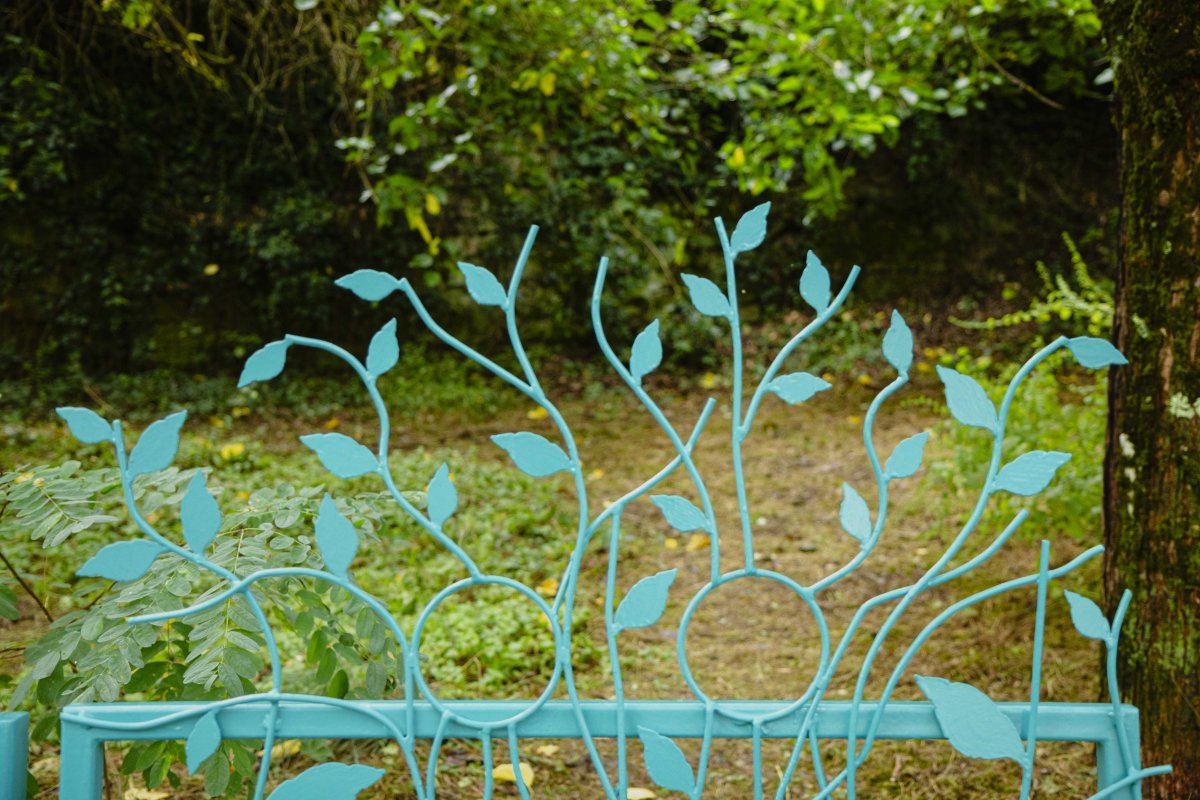When: Wednesday 19 February 2025 at 13:00 CET (online)
Organizer: Future DiverCities
Who is it for?: Art, culture, and urban transformation practitioners and experts
Register here.
---
The Future DiverCities Learning Series is a new program designed to foster knowledge exchange and critical reflection on key topics at the intersection of art, culture, and urban transformation. Through a series of talks, the program will bring together experts, practitioners, and project participants to discuss pressing issues and share innovative approaches.
Making a Garden to Make a Community
The first talk, “Making a Garden to Make a Community,” will take place on Wednesday 19 February 2025 at 13:00 CET. This session will explore participatory practices in community-building, artistic interventions for biodiversity, and using vacant spaces for cultural activities, with experiences from Italy, Romania, and Greece.
The guest speakers will approach questions such as how can art practices foster community participation? What role does biodiversity play in urban cultural regeneration? How can we activate vacant urban spaces for collective benefit?
Speakers: Arianna Pace, Lucian Avramescu, and Bjorn Ricketts moderated by Dario Marmo (Lama).
Register here and check the webinar's Facebook event.
About Future DiverCities
In European cities, and in particular the ones participating in Future DiverCities, there are some empty and unused empty spaces in the immediate neighbourhood of creative hubs. They can be viewed as potential development areas for creative hubs who are keen to contribute more widely to positively transform their cities.
In some cases, the Future DiverCities' partners have been directly asked to engage with these spaces, in some others it is more a personal interest and commitment. Those empty spaces are vacant and unused for a variety of reasons. They are, for example, derelict lands near the creative hubs which constitute some forms of “in-between zones” (Timişoara, Liepaja, Marseille, Florence). They are also large empty buildings in changing urban areas (Kuopio, Athens), some of them already part of an European Capital of Culture programme (Liepaja, Timişoara) or located in damaged sites (Zagreb, through the recent series of earthquakes). They are also hidden empty spots (Berlin). They are all good test-grounds for new kinds of culture-led regeneration. The climate emergency is forcing us to rethink our approaches and methodologies, our partners are looking for new ideas to regenerate and use empty spaces that will respect the urban ecology whilst positively transforming the areas.
--
Image Credits: Luisa Costa








